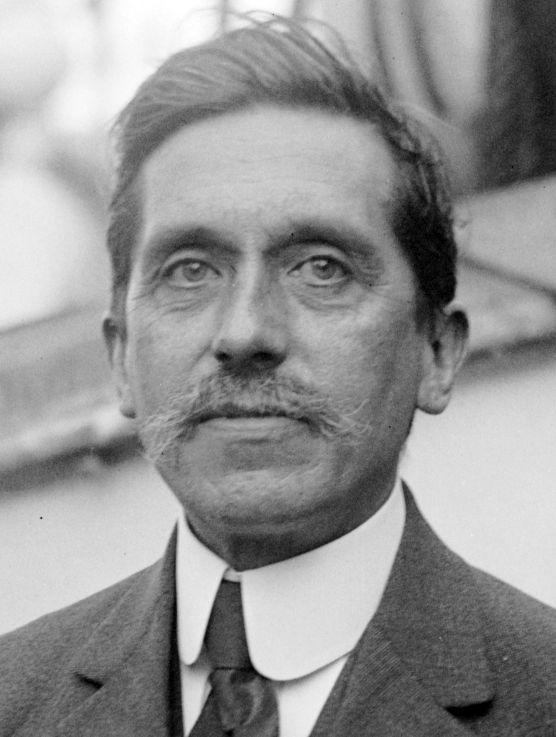Kontext: … at several times we have thought that optics was a finished science, where the last word had been said, or almost. Each time the discovery of new facts, the overthrow or extension of accepted theories, reminded us that science is never finished.
The impression that science is over has occurred many times in various branches of human knowledge, often because of an explosion of discoveries made by a genius or a small group of men in such a short time that average minds could hardly follow and had the unconscious desire to take breath, to get used to the unexpected things that came to be revealed. Dazzled by these new truths, they could not see beyond. Sometimes an entire century did not suffice to produce this accommodation.
Charles Fabry: Citáty anglicky
[as quoted by Joseph F. Mulligan, American journal of physics, Volume 66 (9), American Association of Physics Teachers, American Institute of Physics, 1998, 797]
